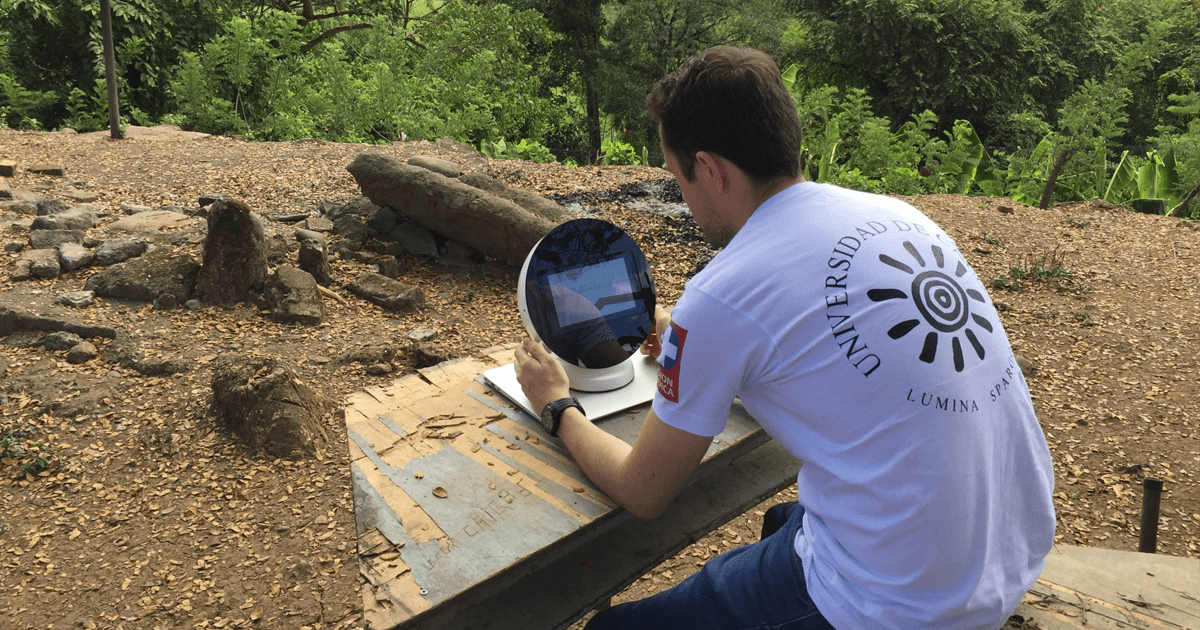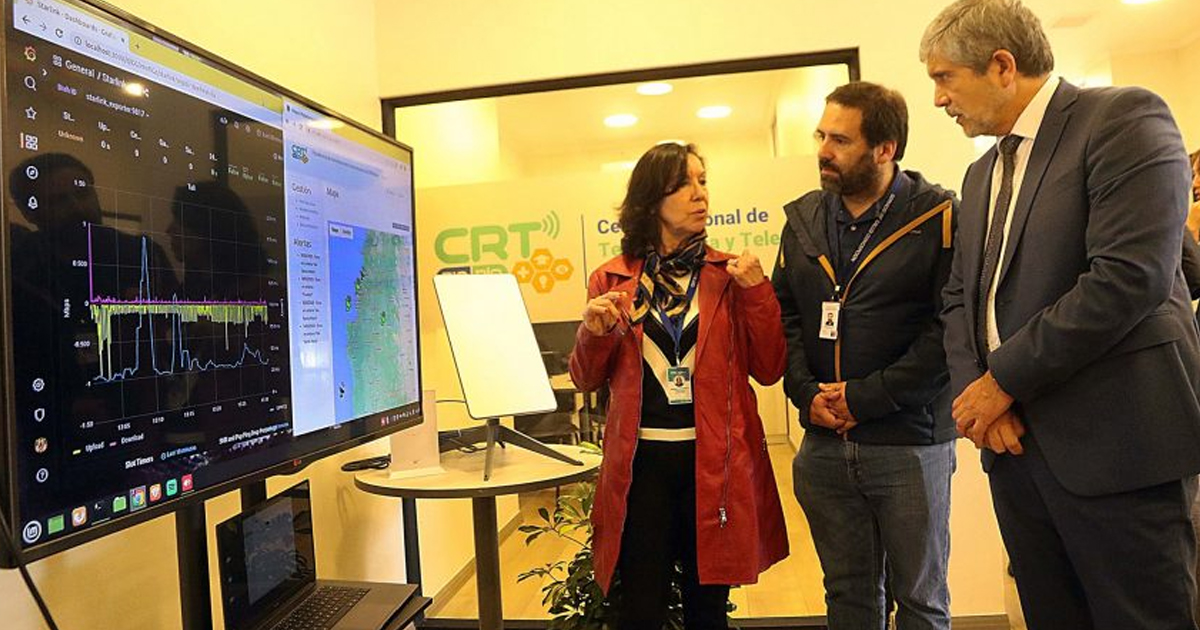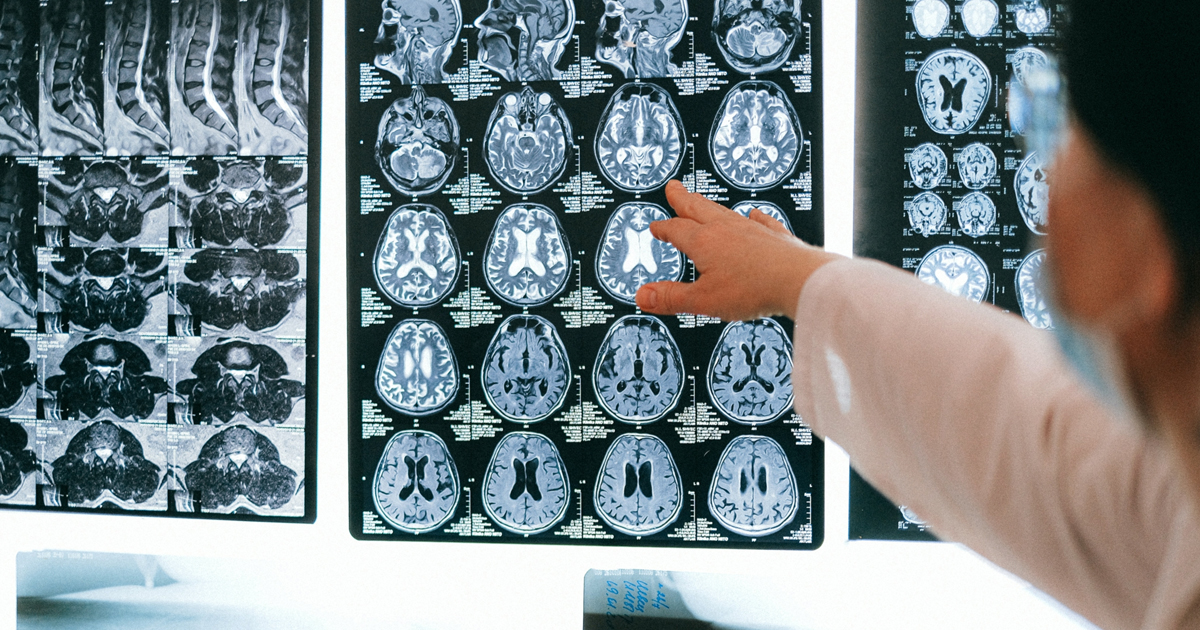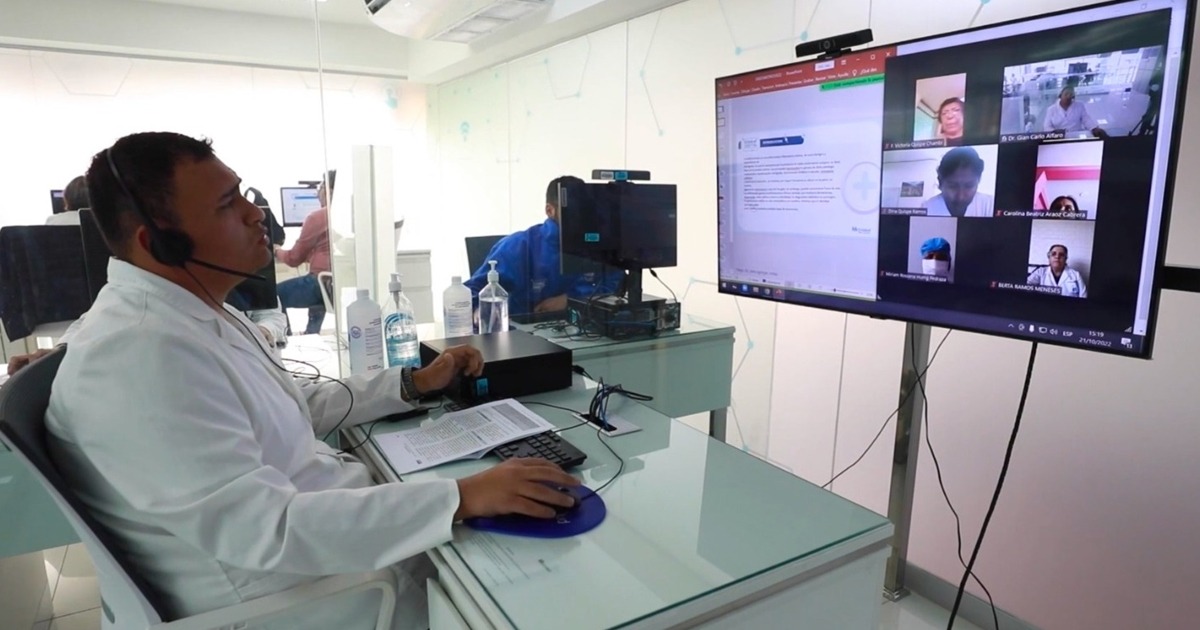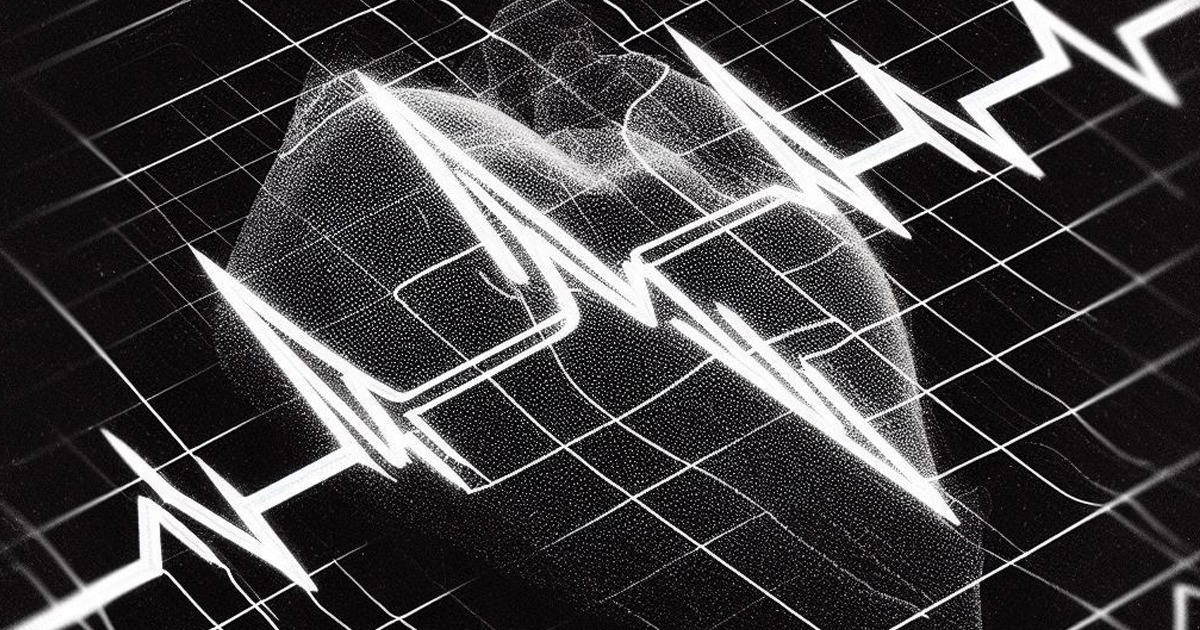The Inter-American Development Bank (IDB) focused on the Digital Health branch as a tool to strengthen and improve health systems in Latin America; understanding the implications and great advances provided by new Information and Communication (ICT) technologies to improve quality of life.
Latin America and part of the Caribbean are coupled with today and the new mechanisms, which the advancement of science and the combination of technology with knowledge, contribute to us to start a revolution that transforms the methodologies used by health services.
The entire transformation is emitted from Digital Health in a constant spectrum of changes in structures and great advances that are possible thanks to the increase in speed in the network.
The connection and interactivity that the latest platforms put at the service of patients and doctors, finds its success in tools that support the daily clinical work in hospitals and health centers.
As for the tools and tools digital health uses, we can talk about treatment-focused care to detect, prevent and eradicate diseases with immediate and accurate results using auxiliaries such as portals, remote consultations, electronic personal medical records, surgical robots and portable devices to manage the patient experience.
Artificial Intelligence aims to improve the quality that its services and contributions offer, since machines with this system are able to behave like human beings and give solutions through programmed decisions based on previous experiences and knowledge; In addition, their algorithms are able to predict and acquire autonomous learnings without the need for human intervention.
This will allow to detect signs of, for example, risk of heart attacks, appearances of welts on the skin or some other chronic disease. Chatbots also come into play to give advice and chat with patients and not have to spend resources on transfer or wait.
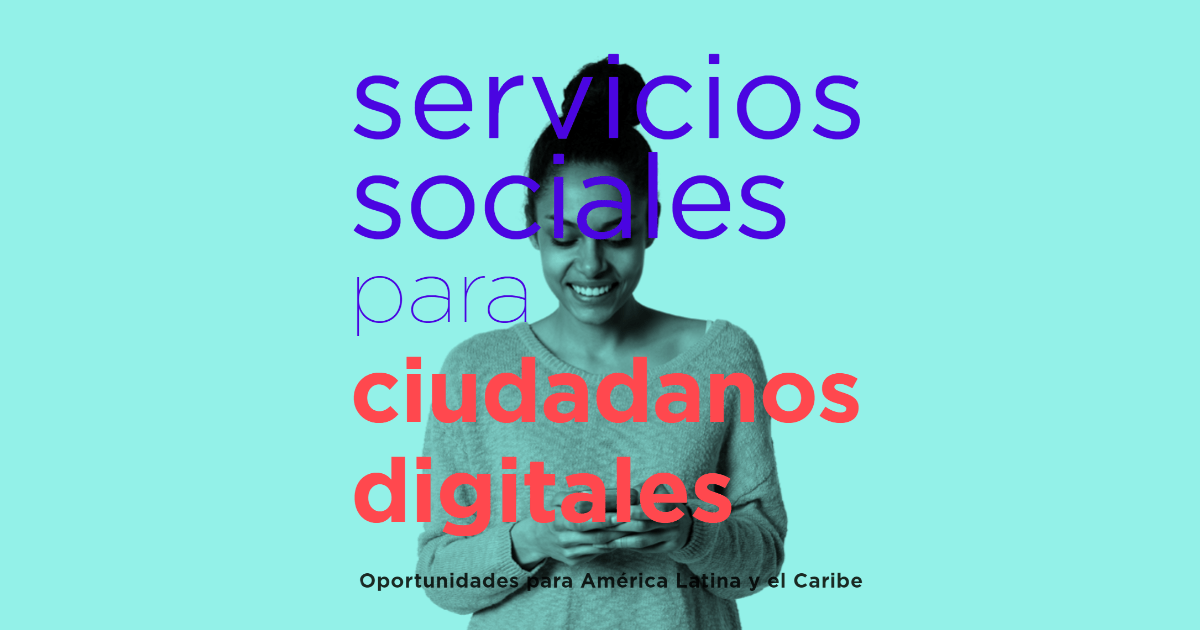
On the other hand, there is Blockchain—or blockchain—based on a data structure that allows you to create a digital transaction log and share it on a distributed computer network. The manipulation of information can be exchanged from between any server and kept protected for user security by not allowing it to be controlled by "third parties".
It is accurate and beneficial in transmitting information for analysis, as records stored in the cloud are digitally immortalized to create clinical histories or electronic prescriptions, available to any actor within health services and systems. Thus, with all the records stored, you can keep optimal and adequate control.
3D printing is another alternative mechanism that allows for more accurate results. With this type of technology, exact molds of body parts can be replicated with some condition to visualize without having to perform laboratory or x-ray studies.
The scanner, which detects and traces body areas, draws on a mobile application capable of supporting large amounts of information and elements.
With so many tools to dispose of, the level of complexity to build the right infrastructure must go through the government's agenda and the implementation of public policies that open the field to an equitable broadband connection in terms of access and speed.
Robust systems and digital devices will need to load a large set of data within the field of the Internet of Things.
All virtual systems and platforms will be able to work with each other to complement and structure processes with the goal of meeting the needs of all citizens without exception.

